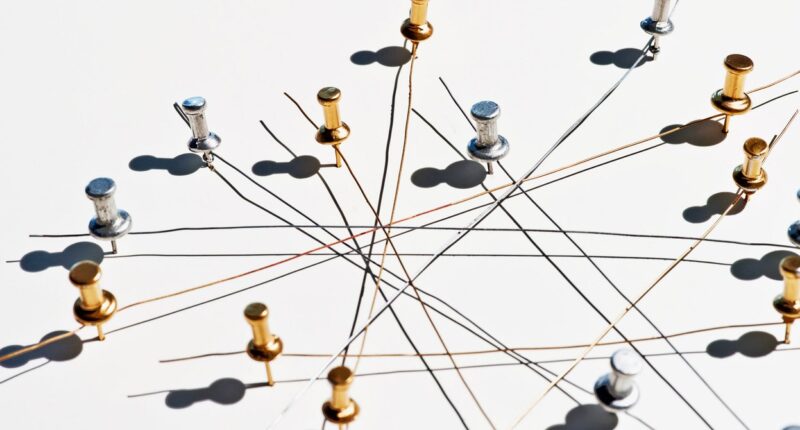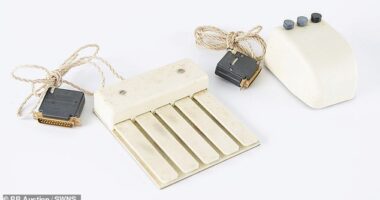

Documents obtained by the ACLU show devices of this type—the police use of which is authorized by the Federal Communications Commission—are listed as defense articles on the US munitions list, meaning any trade in the technology is ultimately regulated by the State Department. This designation is used by the FBI to compel secrecy from state and local agencies requesting its aid, as unauthorized disclosures about defense technology may be considered an arms control violation punishable by up to 20 years in prison.
Since the US v. Carpenter decision, in which the Supreme Court held that cellular data containing location data is shielded by the Fourth Amendment, the Department of Justice (DOJ) has required federal agencies to obtain warrants before activating cell-site simulators. This extends to police departments borrowing the technology from the FBI. The DOJ crafts the language used by police in these interactions with courts to control the amount of legal scrutiny that falls on the device. It does this by conflating cell-site simulators with decades-old police technologies like the “trap and trace” and “pen registers,” names for devices and programs capable of identifying incoming and outgoing calls, respectively, but which do not gather location data.
When police use the devices to locate a suspect on the loose or gather evidence of a crime, they are generally required by the FBI not to disclose it in court. In some cases, this leads police to launder evidence using a technique known as parallel construction, whereby the method used to collect evidence is concealed by using a different method to collect the same information again after the fact. The practice is legally controversial, particularly when undisclosed to the courts, as it prevents evidentiary hearings from being called to weigh the legality of actual police conduct.
The power of judges to toss evidence seized in contravention of a defendant’s rights is, the Supreme Court wrote in 1968, the only true defense Americans have against police misconduct. Without it, then-chief justice Earl Warren wrote, “the constitutional guarantee against unreasonable searches and seizures would be a mere ‘form of words.’”
Under the US system, Warren wrote, “evidentiary rulings provide the context in which the judicial process of inclusion and exclusion approves some conduct as comporting with constitutional guarantees and disapproves other actions by state agents.” Allowing police and prosecutors to authenticate their own evidence, he added, would make the courts party to “lawless invasions” of American’s privacy. Withholding information from judges about the ways in which evidence is collected, therefore, may interfere with one of the court’s most sacred duties; forestalling at the same time any scrutiny as to the constitutionality of the state’s conduct.
The FBI, meanwhile, argues that secrecy is necessary, because revealing information about such devices would enable criminals to “diminish or thwart law enforcement efforts.” Information about them is designated “law enforcement sensitive” and “protected homeland security information,” categories of unclassified information that the government refers to as “for official use only.” These designations generally prevent documents from being disclosed to the public. They are exempted from use in legal proceedings and may be stored on classified computers.








